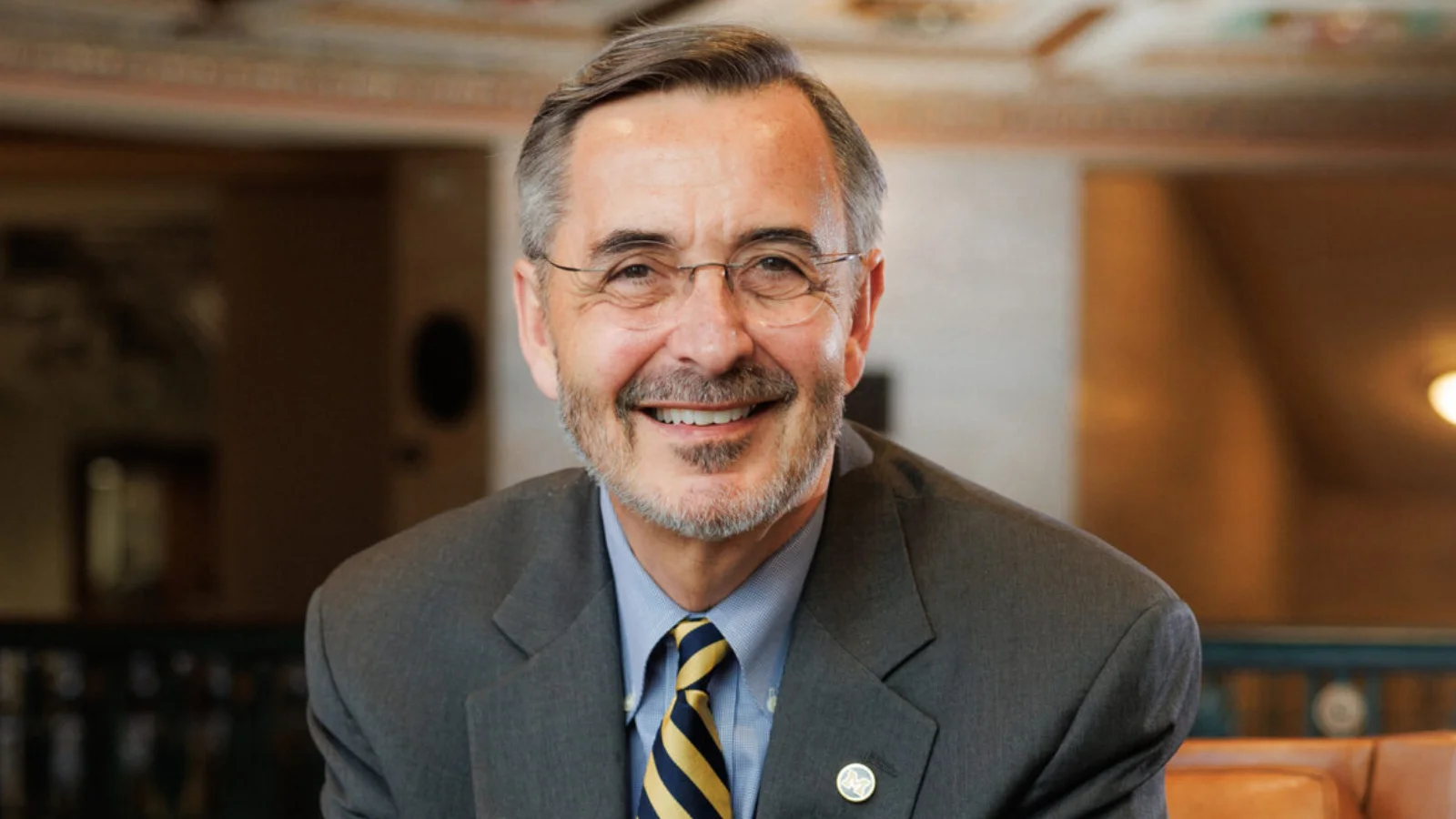Domenico Grasso, President | University of Michigan Ann Arbor
Domenico Grasso, President | University of Michigan Ann Arbor
Rhiannon Giddens, the University of Michigan’s first artist-in-residence, is concluding her year-long residency after a period marked by performances, student engagement, and extensive research at the university’s libraries. During her time on campus, Giddens emphasized the collaborative and multicultural roots of American music.
“American music is working-class, cross-cultural collaborative music,” Giddens stated. She has focused much of her career on highlighting contributions from Black Americans and other groups who have often been overlooked in musical history. Through her research at U-M’s Clements Library, she said she became “grounded more deeply in the idea that my art should come from a place of being both informed and emotionally connected. That balance is what makes the stories resonate.”
Giddens shared that her work with primary source materials revealed untold stories: “I discovered so much material that doesn’t always get attention, and that reminded me how many stories are still waiting in the archives,” she said. This process offered new perspectives on history and ways to communicate it through music.
Reflecting on her experience at U-M, Giddens noted the value of having a supportive environment for scholarly exploration: “It’s been so nice to have a place to come … as a traveling musician, you’re in a different place every night. You’re not exactly in spaces where anybody wants to hear about your revelations of, you know, 1835 and the development of the minstrel banjo. But here, I’m welcomed, and I can dive into things that really matter to me.”
She described an example from her research involving narratives from enslaved people in South Carolina: “I was reading a narrative from an enslaved person in South Carolina; they were remembering their enslaver threatening them, saying basically, ‘I’m going to put you in my pocket,'” Giddens explained. “‘And what that meant was, ‘I’m going to sell you and put the money in my pocket.’ Right? That’s a song! The more you know what surrounds these moments of history, the more you can connect with it.”
Giddens said her residency would influence future projects including a new musical work and an upcoming book titled “When the World’s on Fire: How a Powerless Underclass Made the Powerful Music that Made America.” She credited classroom interactions for providing intellectual support: “I totally love working with faculty and students, and the interactions that I’ve had have been really positive. They’re really curious, and the classroom visits were really curated and thought about … it felt like a nice intellectual home for me during this residency.”
In addressing complex historical topics through music rather than direct discourse alone, Giddens believes audiences may be more receptive: “Music is a more neutral way into a very difficult history for a lot of people,” she said. “It’s easier to hear, ‘The banjo was invented through the African diaspora during the time of slavery,’ than ‘Key components of our American culture are the way they are because of the transatlantic slave trade.’
“That kind of thing is hard to deal with. But when you talk about the banjo being an instrument of survival, of creolization, of people coming together, it really focuses on how we get out of these difficult situations, which is what we need right now.”
Giddens will discuss her experiences further at tonight’s Penny Stamps Speaker Series event at Michigan Theater.






 Alerts Sign-up
Alerts Sign-up